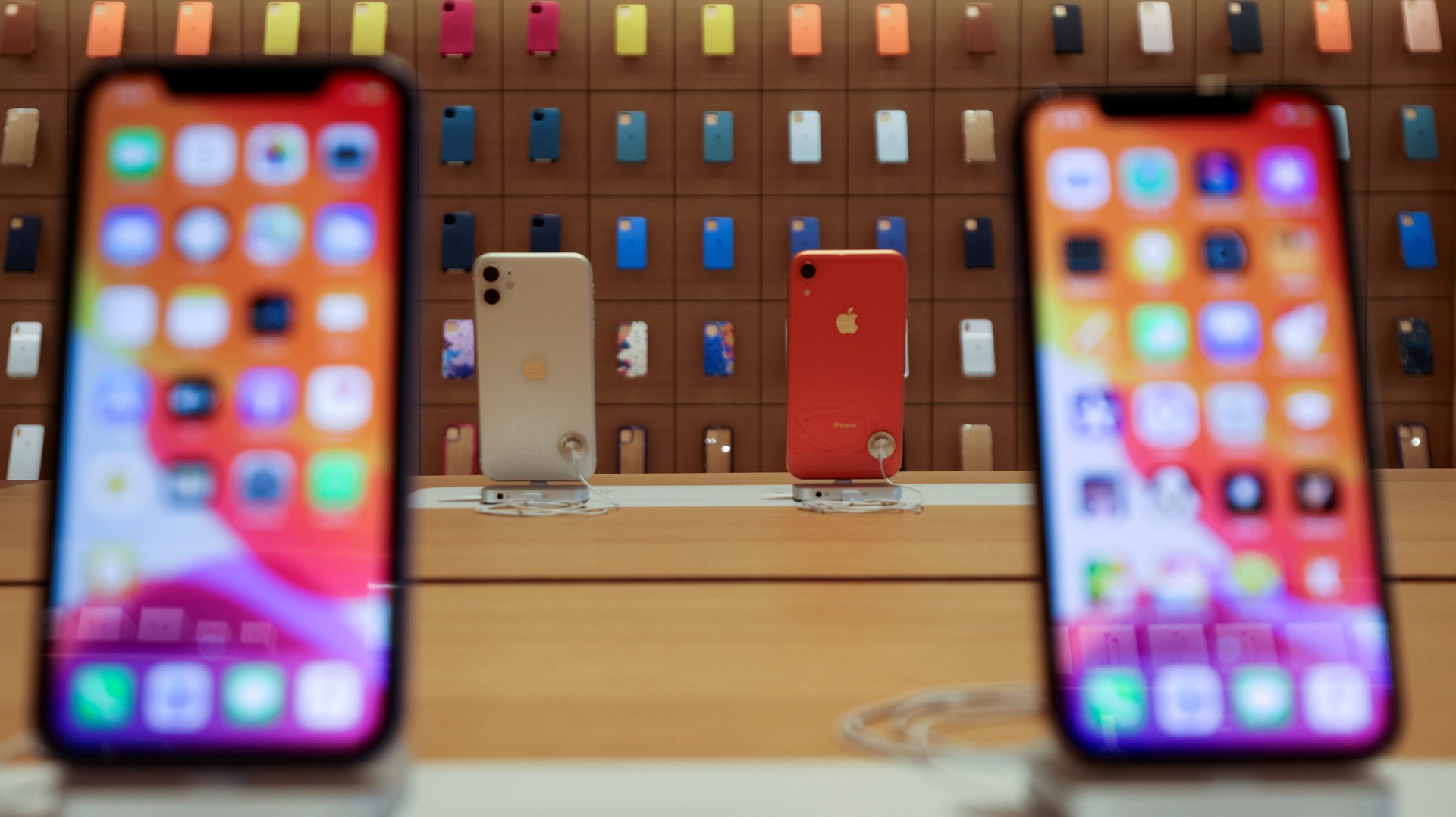Apple is losing control over its app store
Apple’s App Store gives mobile software developers access to more than 1 billion people who carry an iPhone in their pocket. Last year, $64 billion was spent on the App Store, of which Apple took between 15% and 30%.


Apple’s App Store gives mobile software developers access to more than 1 billion people who carry an iPhone in their pocket. Last year, $64 billion was spent on the App Store, of which Apple took between 15% and 30%.
But Apple is slowly losing its grip over the App Store in a long, drawn-out fight over whether it has the right to dictate terms to developers on the lucrative marketplace it created. Regulators worldwide are cracking down on what they allege are violations of antitrust law.
On Thursday, Reuters reported that the Indian government is investigating Apple for potential antitrust violations related to its app store. The company faces similar investigations in the UK and European Union, while awaiting a verdict in its high-profile court battle with Epic Games over its market practices in the US. And in Asia, regulators are already forcing changes in how Apple does business.
This week, the Cupertino-based company was slammed with a string of bad news. On Tuesday (Aug 31), South Korea passed a law allowing developers on Apple and Google’s app marketplaces to introduce their own payment systems, effectively bypassing their hefty 30% cuts for large developers (and 15% for those earning less than $1 million per year). In Japan, Apple reached a settlement with the country’s Fair Trade Commission on Sept. 2 to allow certain streaming apps like Netflix and Spotify to use another workaround. These apps can now redirect mobile app users to sign up on a desktop computer allowing developers to avoid fees, previously a violation of Apple’s store rules.
Apple versus Spotify
Spotify, a major critic of Apple’s policies, is one of the largest beneficiaries of the new settlement. Spotify regularly competes directly with Apple Music and the music streamer’s complaint to regulators in the European Commission accuses Apple of violating antitrust rules for mandating the use of its own payment processor and barring apps from redirecting users to alternative payment pages.
But Spotify CEO Daniel Ek isn’t satisfied with the latest settlement in Japan, tweeting that the agreement was a step in the right direction, but does not solve the underlying issue. “App developers want clear, fair rules that apply to all apps,” Ek said. “Our goal is to restore competition once and for all, not one arbitrary, self-serving step at a time.”
A spokesperson for Netflix declined to comment.
Apple will now apply the agreement reached with Japan’s trade agency to what it calls “reader apps” like Netflix, Spotify, and Amazon Kindle globally in 2022. While Apple has previously stated that external payment systems put users at risk of fraud, compromise their privacy and safety, and undermine parental controls, the company said in a statement it plans to “help developers” of these apps “protect users.”
Now the fight moves back to the US. Apple’s main US adversary in this fight is Epic Games, the maker of Fortnite, which introduced its own payment processing system last year and was booted off Apple and Google’s app marketplaces. Epic CEO Tim Sweeney tweeted Thursday that “it’s hard to discern the rationale that this is safe while Fortnite accepting direct payments remains unsafe.”